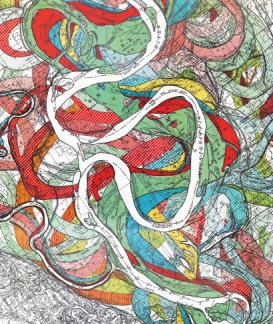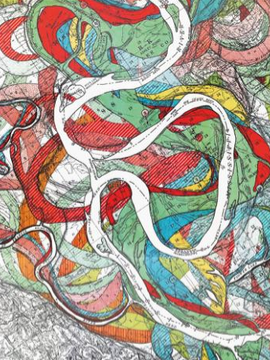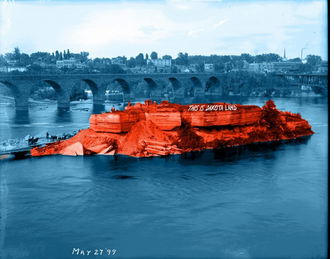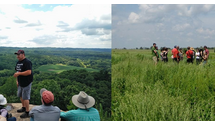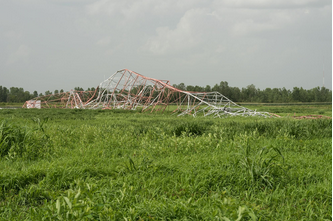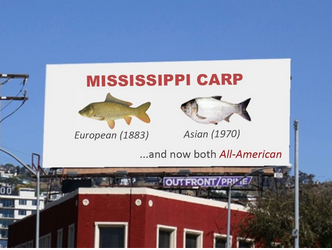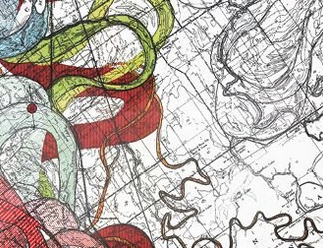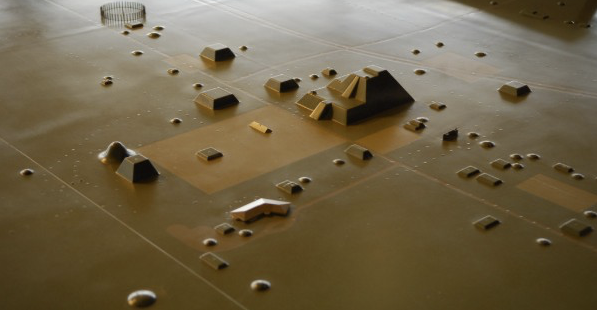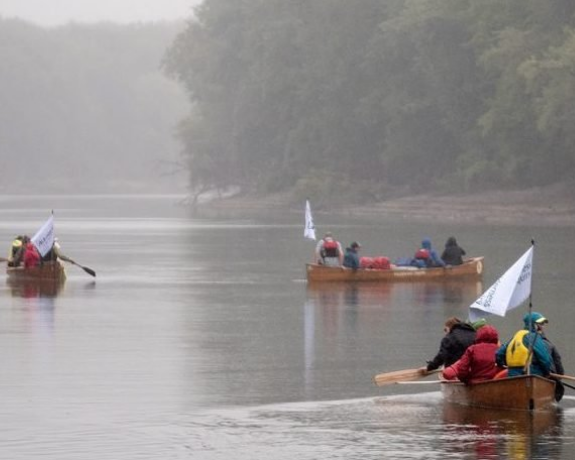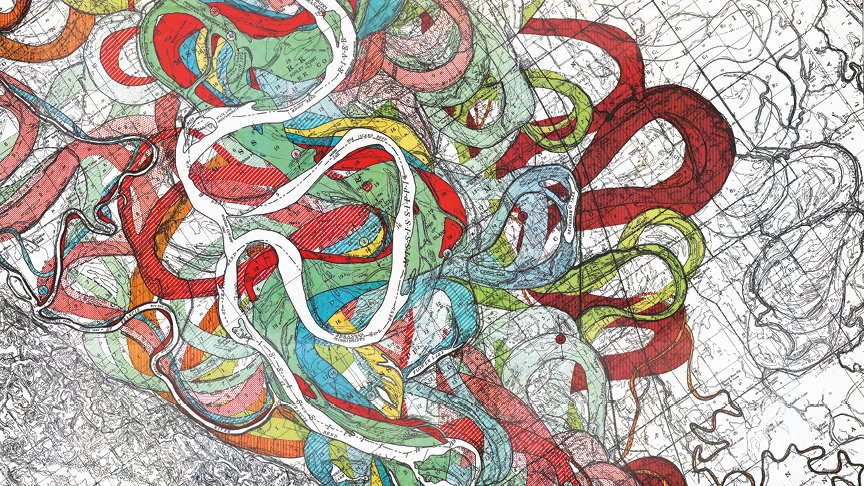Mississippi. An Anthropocene River explores the vast region encompassed by the world’s fourth largest river. The project’s aim is to make this landscape legible as a critical zone of habitation and long term human-environment interaction. It analyzes the Anthropocene on the ground and in the field, exploring ground-truths to augment the remote-sensing operations and abstracted knowledge of global Anthropocene science. The project is manifest in a variety of field-research activities, public forums, workshops, and journeys on and along the Mississippi River. Until November 2019, several interdisciplinary groups of researchers, artists, and stakeholders from civil society will investigate the river basin to develop local approaches to issues of planetary change and together will forge new methods for transdisciplinary research and education. The project is developed and organized by Haus der Kulturen der Welt (HKW) and the Max Planck Institute for the History of Science (MPIWG).
Why the Mississippi River Region?
The Mississippi River’s meandering path has carved out an iconic place in US mythology and has come to symbolize the vicissitudes of human-environmental relations. Originally more of a floodplain than a river, in the 20th century an ambitious dredging program transformed its tributaries into a riverine form. Its ecology has evolved as a constantly shifting ecosystem, a catchment of cultures, a dividing line, a water highway for resources and goods, and a sink for pollutants. From logging and mining zones in the Upper River area to the high technology and petrochemical refineries in the Delta; from the industrial agricultural landscapes of the Midwest to the “dead zones” of the Gulf of Mexico; from the historic transportation network enabling the egregious transport of slave labor and cotton to the social injustices of poverty and deindustrialization today—the Mississippi is a symptom of and object for investigating the radical impact humans inflict upon the Earth.
The Mississippi River region therefore presents a rich example for understanding how abstracted scientific concepts, such as the Anthropocene, are manifest in the everyday lives of those affected by them. The flows of people, commercial goods, toxins, extracted materials, and histories that the river draws together demonstrate the interdependence of ways of life, the environment, and the sociopolitical realities that have become entwined by its path through the American continent. The river serves as an ideal setting to investigate what the Anthropocene means at a human and local level by framing large-scale ecological changes as they are manifested in situ.

